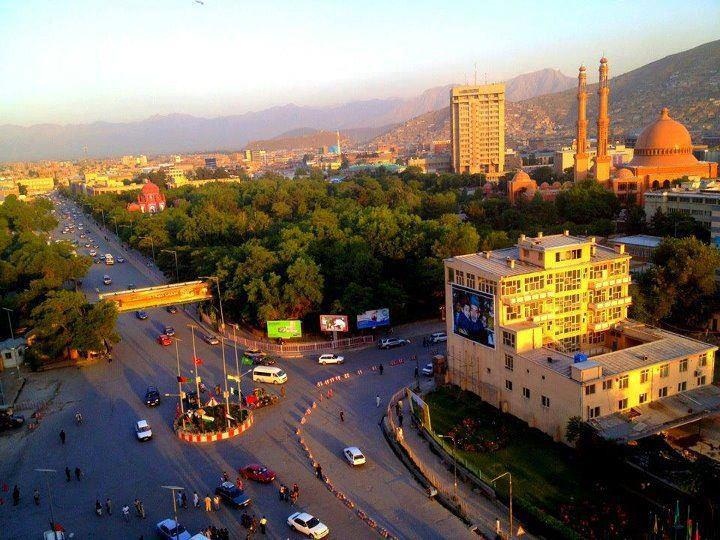In Afghanistan especially in the capital city, Kabul, levels of air and water pollution remain all times high, causing health problems. High level of carbon in the air is a major cause of cancer and other deadly diseases. Looking at burning of fossil-fuel and use of fertilizers and chemicals, it is believed that in the coming years, overall pollution levels would increase manifold, particularly in Kabul City. The relevant authorities have no plan or mechanism to deal with the issue. The pollutant releases are expected to continue climb and pose serious health and environmental risks. Neither the previous government knew nor does the current government know how to decrease air pollutant emissions.
Not only residents of the capital city will be affected by the staggering increase in air and water pollution but the ecosystem as well. Human activities are major cause of the air pollution because people are buying vehicles every day and constructing residential and commercial complexes, but they do not pay attention to the environment. Number of the trees is far less than requirement to absorb carbon and keep the air oxygenated. The relevant departments launch plantation drive in every spring. However, they do not engage local communities to take care of these saplings.
The capital city has lost its ability long ago to absorb carbon dioxide. Living at high altitudes such as in the Kabul City, it is always hard to breathe because the thin air at such altitude has less oxygen to absorb. That’s why people with asthma do not want to live for long in the city. Visitors and dwellers with asthma would have hard time if they do not have inhalers. Use of anti-inflammatory drugs, antibiotics, long-acting beta-agonists, immunomodulator, theophylline and anti-allergy medicines is high in Kabul. That is why the residents of Kabul and other cities spend more money on healthcare services than on education and other services.
Keeping the cost of the health care and harms of the pollution in view, the government had to take steps on the war footing to address this serious challenge. Without popular public support the problem could not be resolved. Therefore, engagement of people, from all walks of life, in the anti-pollution campaign would be imperative. Public can support the government by preferring smart commute—riding bicycle or walk to reduce human impact on the environment by reducing the carbon emission level. Less use of vehicles and saving energy are the other measures that would help greatly in protecting the environment. Planting more trees and using energy-efficient appliances are other steps that are necessary for clean and sustainable future.
 Afghanistan Times
Afghanistan Times




